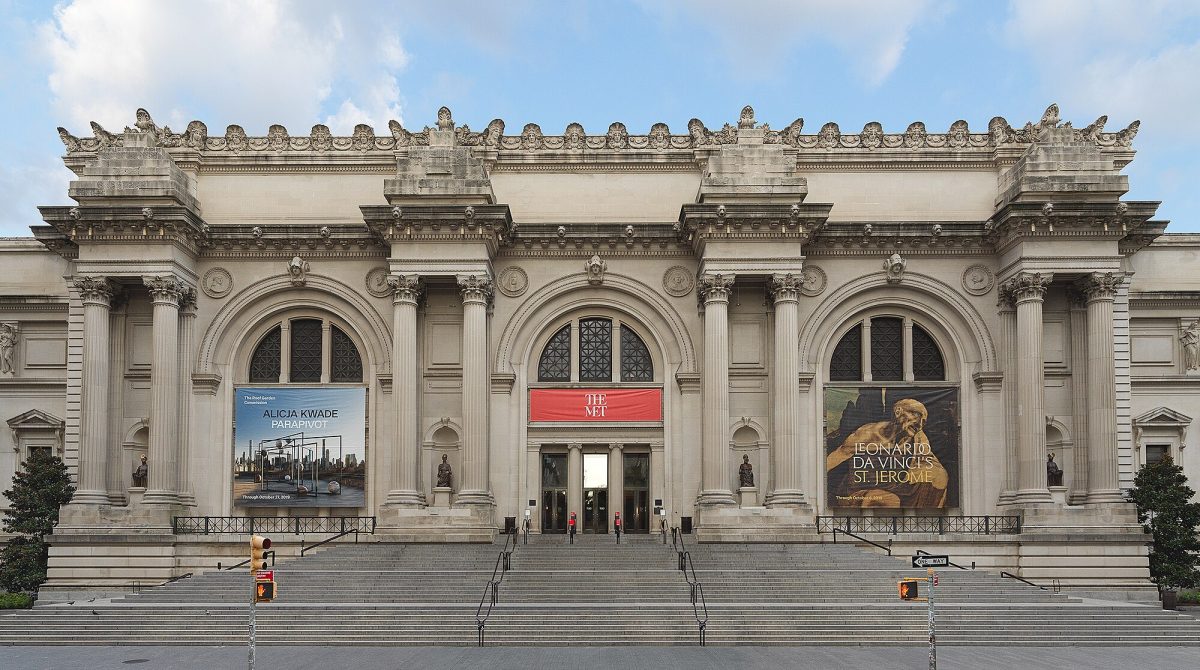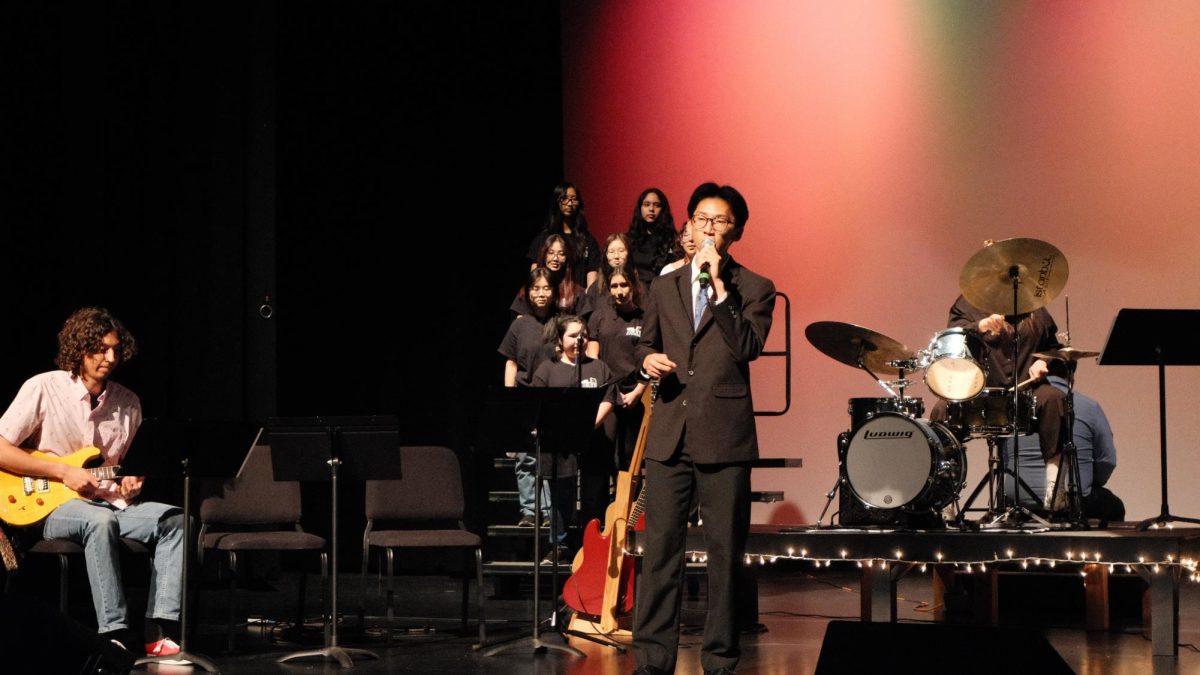Japan is struggling to contain another surge of COVID-19 cases, surpassing 320,000 cases according to the World Health Organization (WHO). On Dec. 7, Prime Minister Yoshihide Suga declared a state of emergency in Tokyo and three surrounding prefectures. Both the dramatic rise in cases and emergency announcement send one clear message: the Tokyo Summer Olympics will not be safe enough.
In March of last year, the Japanese government and the International Olympic Committee (IOC) decided that the games would be postponed by a year due to the pandemic. However, as the rising cases around the world worsen, the dangers of holding the games still present a massive health risk.
Without a vaccine readily available, the CDC encourages people to stay home and avoid large gatherings where COVID-19 can easily spread.
The event is expected to draw in roughly 11,000 athletes from 200 different countries, along with thousands of media members, staffers, and coaches. Additionally, over 600,000 tourists are expected to arrive for the games, according to the New York Times.
With such an overwhelming amount of people, avoiding a nightmare superspreader event would be nearly impossible.
Despite the strict guidelines that will be placed on athletes, hosting a large event with thousands of people will not be safe without a readily available COVID-19 vaccine.
However, Japan is not due to vaccinate people until the end of February at the earliest, and even then, vaccinating frontline medical workers is their main focus. This process will take months, and athletes cannot be prioritized over higher-risk populations.
According to a survey conducted by Kyodo News, about 80 percent of people in Japan say this year’s Tokyo Olympics should be delayed or cancelled. The dangers of the Olympics have been further instigated by worries about the record surge in coronavirus cases across Japan.
In fact, if holding the event on the planned dates of July 23 through Aug. 8 proves too much of a risk, the games will be cancelled according to Yoshiro Mori, president of the Tokyo 2020 organizing committee.
With over 12 billion dollars being spent, officials are optimistic that the games will be hosted on the planned dates.
“These will be the games that conquered COVID,” said John Coates, a high-ranking official in the IOC, “The light at the end of the tunnel.”
However, it may be necessary to cancel the Olympics for the first time since the World Wars.
For the games to commence, the spread of COVID-19 would not only have to be contained in Japan but in all participating countries as well. There would also need to be extensive health measures in place.
With the increased number of cases around the world, this is too much of a risk to be taking. The Olympics will be too dangerous to host safely and effectively.







